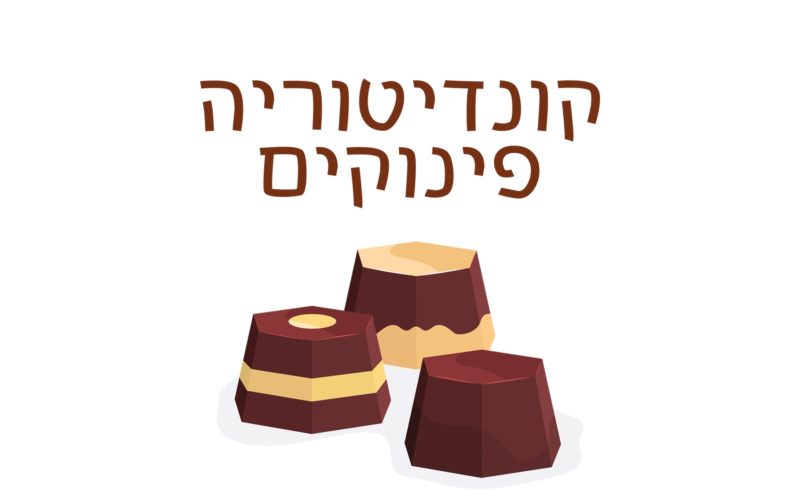Learning from Israelis’ 2018 Music-Listening Habits
What can we learn from the music-listening habits of Israelis in 2018? Spotify published the most popular music listened to by Israelis this year. We revisit our archives to remind ourselves when and why we used these songs in previous episodes.
Read More









